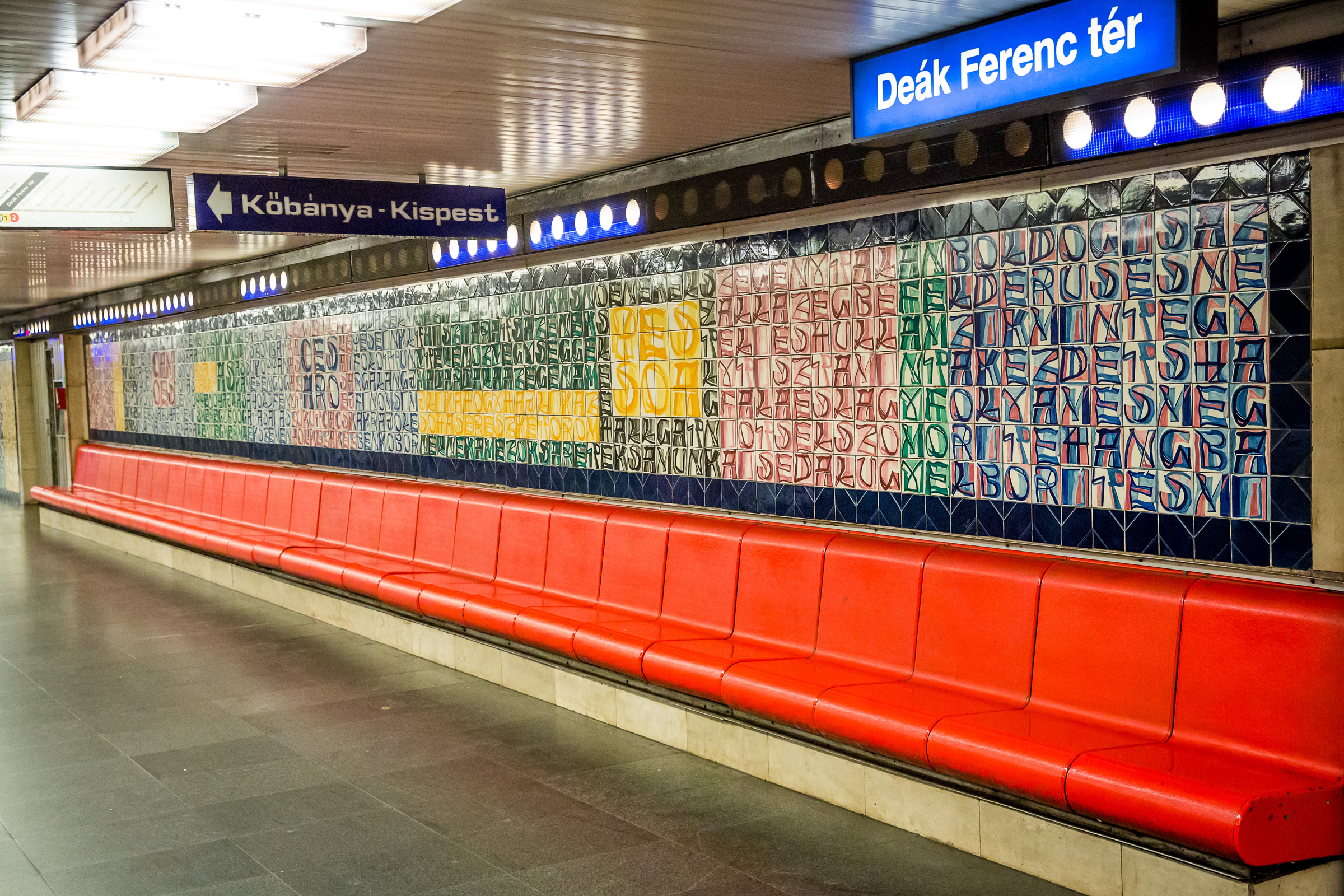Reconstruction work on Budapest’s M3 metro line began towards the end of 2017. For the foreseeable future, the stations north of Lehél tér are closed and replacement buses are in operation. At weekends and on weekdays after 8.35pm, the whole M3 metro line is closed, including Kőbánya-Kispest at the southern terminus, which links with the 200E airport bus.

Proposed for major hubs such as Kálvin tér and Ferenciek tere in the city centre are combinations of moving walkways and lifts that would render platforms far more easily accessible for those in wheelchairs, pushing prams or with a significant amount of luggage.

Timing has not yet been specified, although in the case of two stations at the southern section of the line, Ecseri út and Pöttyös utca, temporary lifts are being created. As the National Association of Disabled Persons' Associations (MEOSZ) has found this unacceptable, by the end of 2023 a more permanent solution will be found.
For more details, see the M3 renewal website.




